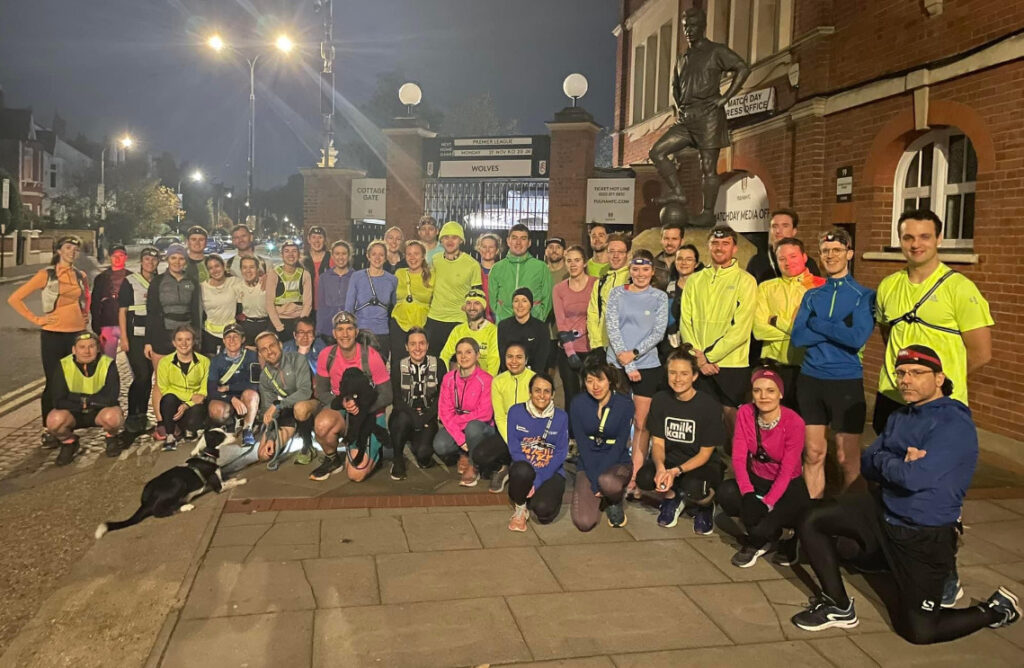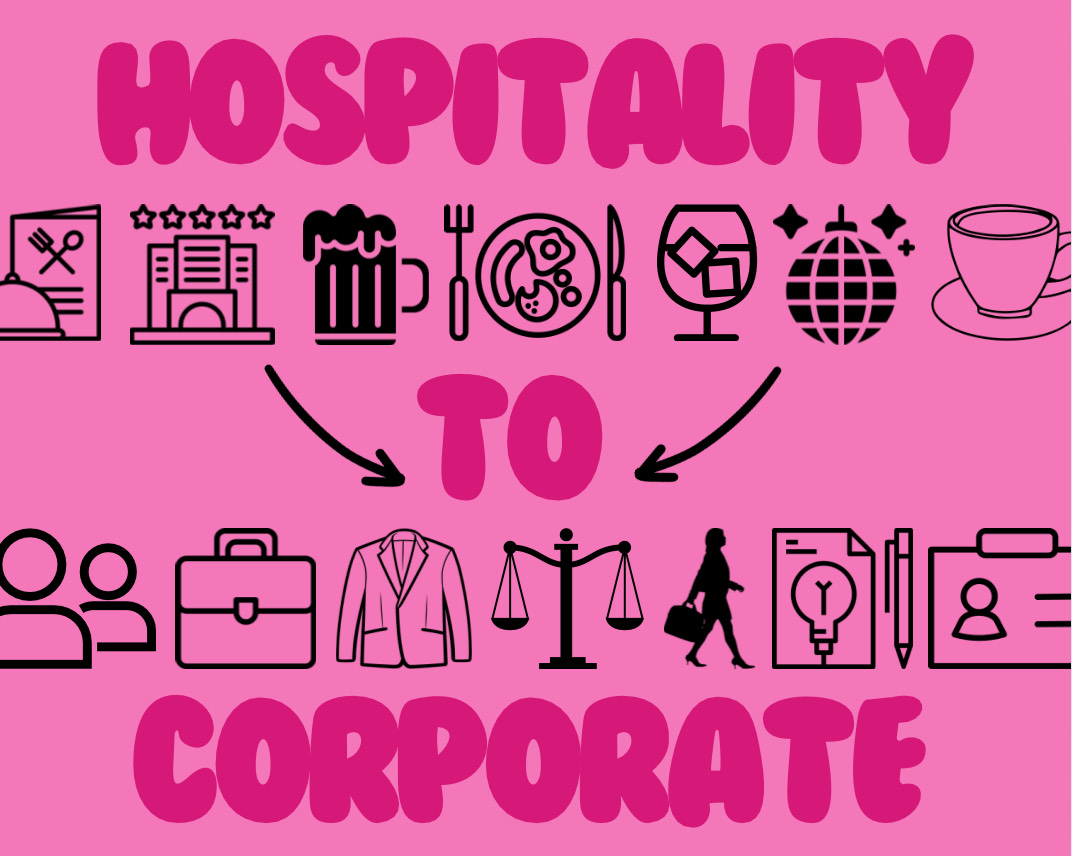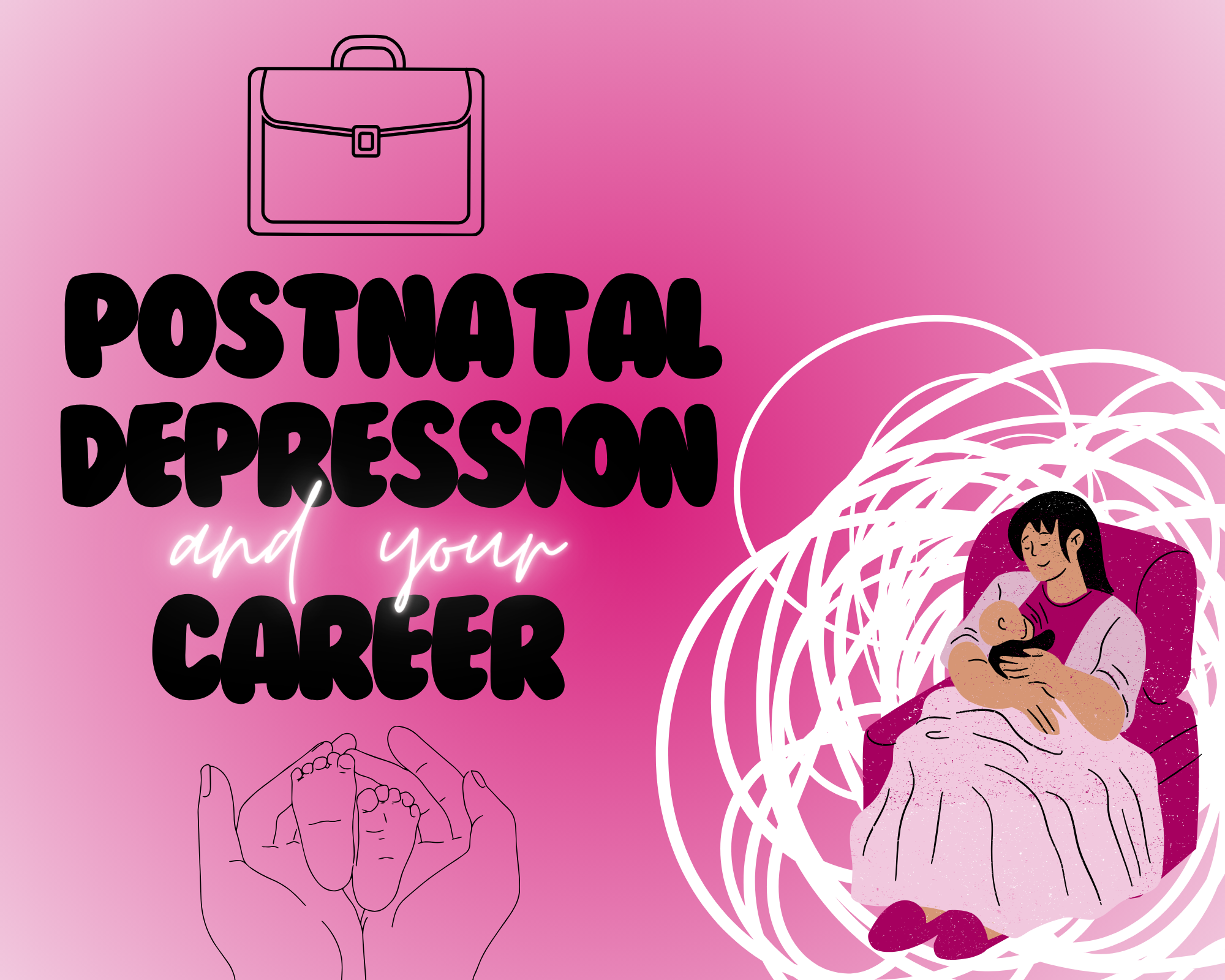When is it the right time to transition from hospitality to corporate and pursue your dream career?
The flexibility the hospitality industry can provide can suit many different lifestyles and the sociable aspect can really draw you in. But sometimes the idea of a more stable 9 to 5 routine may start to sound more appealing.
For Josie Hillier, 25, from Birmingham she originally joined the hospitality sector in January 2021 after feeling lost after graduating from Liverpool John Moores University with a degree in Law.
“It really suited my life in my early twenties. Especially coming out of uni post Covid, I didn’t really know what I wanted to do as I didn’t want to go onto the career ladder straight away. I was just trying to figure my life out and had a desire to go travelling too, so hospitality was perfect for me. It allowed me to earn some money in a flexible, social role.” explains Josie.
Despite the unprecedented times in Covid and the effect it had on the hospitality industry, the ‘Eat out to Help out’ scheme gave restaurants the boost they needed. Josie was a Duty Manager in a French restaurant in Birmingham over the summer of 2021, when the scheme was in place, and she enjoyed being able to be face to face with people again.
“It was a scary time so being able to interact with people was so good. As well you’re working with a team of people around your age and we all had fun and a laugh.”
Her role involved hosting, organising bookings, working on the bar, serving customers, overseeing staff and cashing up the restaurant in the evenings. She worked 5 to 6 shifts a week and left the restaurant in October 2021 to travel South America.
According to Teal, the key signs that it is time to leave your hospitality job is if you feel your not being paid enough, you want a consistent schedule, a lack of opportunities to grow, your burnt out and also a gut feeling.
“It was convenient at the time but the pay is not worth it for the hours and physical and mental strain you face. You’re talking to people all day everyday and on your feet. Taking on all those responsibilities as a manager for a couple more quid an hour and how involved you were in the role wasn’t worth it.”
After her travels Josie returned to the hospitality industry for a few months before she moved down to London in October 2022 to pursue her career in Law.
“Ultimately, I always wanted to pursue my career in law because of my degree. It was something that was extremely exciting and I was ready for it.
“When I came down to London I already had a remote job as a customer service rep for Superdrug and I also got a transfer from the pub I was working in Birmingham to another one in their chain in central London. Then once I was down in London I got a third job working the bar in a theatre to be able to afford rent. I was constantly tired but when your hungry for it you’re motivated to keep going.
“And while all of that’s going on I would be applying for paralegal jobs in law firms, specifically family law as I knew that was what I wanted to do after my degree. I grafted as I knew this was the price I had to pay to pursue my career. I just kept applying and finally after a while I got a job. It’s one of my proudest achievements so far, as the reality of finding a Law job in London is so hard and competitive.” says Josie.

For Josie, she felt that moving to London was key to her career progression but emphasised that it is not essential. She explained how many cities across the UK such as Leeds and Manchester, have an array of impressive, high quality corporate jobs on offer. Despite coming from a big city herself, she found navigating the corporate, city life a shock.
“I didn’t realise how competitive it would actually be. You’re up against people from the best universities, best private school education and so many other graduates. You’re in a new, daunting city where everyone is looking to start their careers and you really have to push yourself out of your comfort zone.
“The pay isn’t great for entry level, graduate jobs too, as even though you’re salaried, the amount of hours you do on top of that 9 to 5 probably works out to be less than minimum wage. Realistically you work 8 to 6, but you have those weekends and evenings to yourself, unlike the unpredictable hours in hospitality.
“I guess one good thing about hospitality is that if you’re rotated on till 10, you do leave at 10.”
The key difference from hospitality to corporate is the hours. For hospitality it is working in unsociable hours as you are working evenings, weekends, national holidays and bank holidays. Schedules and hours are inconsistent as they are based around peak seasons and business profit is not always linear.

“I found I can plan around my 9 to 5, whereas in hospitality you don’t get the same rota every week. The shifts can be up to 14 hours a day and it’s exhausting.
“As well, corporate hours have allowed me to have time to make new friends in a new city. You can go for drinks with your team after work and go to networking events together. I have the weekends to do my running club and get together with my friends and really have that downtime, which is something I much prefer.”
When it comes to making friends in the corporate world, Josie has not struggled and has even found friends for life although not being in an overly social field like hospitality. Despite all the horror stories of hostile offices you see online, Josie explains that the people she has met in her corporate job were so friendly and welcoming.
“You’re in an office with like- minded people and it’s only natural that you build a bond. Our lives align more and you can still have a chin wag in the office. That’s one thing I found with hospitality, there was always time on shift for a gossip but this also led to an element of unprofessionalism.”
“I do probably miss that relaxed environment and sociable element in hospitality. As if I was in a bad mood I could go into work and chat to the customers and colleagues and it would perk me up.

“Whereas, in the corporate world the office is high pressure and you have work to do and targets to meet and if you’re already feeling stressed, it doesn’t help.”
Josie has been full time in the corporate world as a paralegal over a year now and has no regrets. Although the transition from hospitality to corporate can be scary and feel out of your comfort zone, you have more experience and skills than you think. In hospitality you develop skills such as team work, communicating with customers, multitasking, selling skills and a strong work ethic. Think about what your skills and passions are and correlate that to a job. Roles that are transferable from hospitality can be customer service, marketing, sales, travel/ tourism, project management and even food and beverage related sectors. It is key to keep working on improving these skills and network with your customers, to get advice or even a foot in the door.
“My biggest piece of advice is don’t give up. It’s competitive and hard and you will doubt yourself and your abilities but you deserve to be there. Your not going to get a job immediately and perseverance is key. If the corporate world is where you want to be you have to go for it.”
For more articles on career and job application advice, read here- https://werkmagazine.co.uk/2024/05/20/crafting-your-professional-cv-a-guide-on-how-to-stand-out-in-job-applications/




